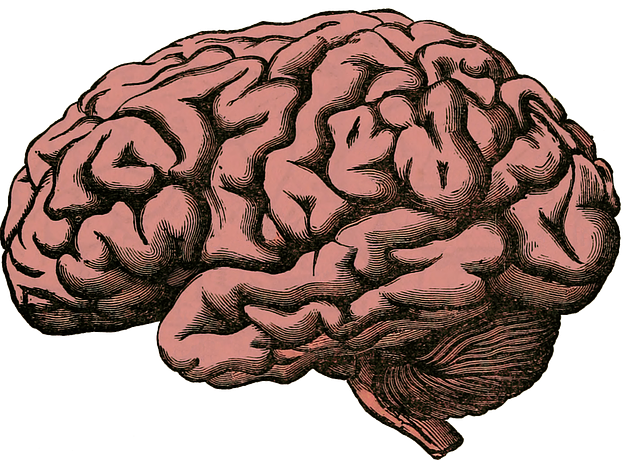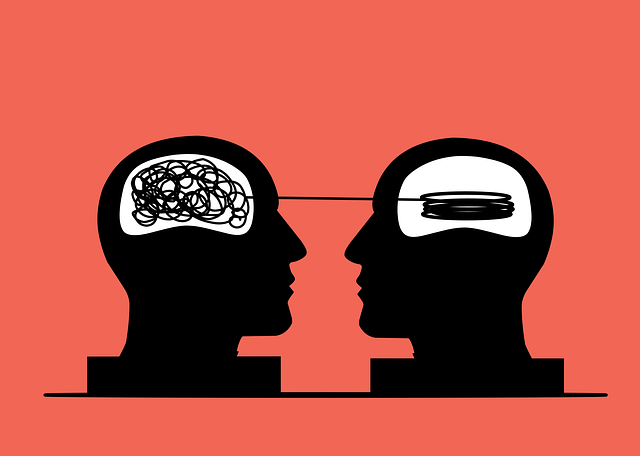Aurora Learning Disability Therapy leads mental health advocacy efforts by fostering a supportive society through awareness and empowerment. They break down barriers by openly discussing symptoms, promoting mindfulness, and destigmatizing therapy. As a top provider, they offer tailored interventions and collaborate with schools, workplaces, and communities to raise learning disability and mental health awareness. Their strategic initiatives include resilience building, stress reduction workshops, and risk management planning. Through data-driven impact measurement, Aurora demonstrates the success of their services, influencing policy changes and improving access to resources for better mental well-being.
Mental health advocacy initiatives play a vital role in fostering inclusive societies. This article delves into the significance of mental health activism, highlighting critical strategies for driving positive change. We explore the framework of understanding mental health advocacy and its impact on policy shifts. Organizations like Aurora Learning Disability Therapy exemplify best practices, showcasing how dedicated groups can revolutionize support systems. Through awareness campaigns and education, these initiatives build a more compassionate world, ensuring individuals receive the necessary care.
- Understanding Mental Health Advocacy: A Necessary Framework
- The Role of Organizations Like Aurora Learning Disability Therapy
- Strategies for Effective Mental Health Advocacy
- Building Awareness and Education Campaigns
- Measuring Impact and Policy Changes Driven by Advocacy Initiatives
Understanding Mental Health Advocacy: A Necessary Framework

Mental health advocacy initiatives are crucial in fostering a society that prioritizes and supports overall well-being. At Aurora Learning Disability Therapy, we understand that advocating for mental health means creating an environment where individuals feel empowered to discuss their experiences openly. This involves raising awareness about various aspects of mental health, from recognizing common symptoms to promoting self-care practices such as mindfulness meditation.
By integrating Mental Health Awareness into daily conversations, we aim to reduce the stigma associated with seeking therapy or support. Additionally, encouraging Self-Care Routine Development for Better Mental Health is a key component of our advocacy efforts. We believe that empowering individuals to take charge of their mental well-being can lead to more positive outcomes and enhanced quality of life.
The Role of Organizations Like Aurora Learning Disability Therapy

Aurora Learning Disability Therapy plays a pivotal role in championing mental health advocacy initiatives. As a leading provider of specialized therapy services, they address unique challenges faced by individuals with learning disabilities, fostering a deeper understanding of their specific needs. Through tailored interventions and comprehensive support, Aurora empowers clients to navigate life’s complexities with enhanced resilience and improved mental well-being.
The organization’s commitment extends beyond individual therapy sessions. They actively collaborate with schools, workplaces, and communities to promote awareness about learning disabilities and mental health issues. Offering burnout prevention strategies and stress management workshops within organizations, Aurora bridges the gap between clinical care and societal support. Furthermore, their healthcare provider cultural competency training equips professionals with the skills to offer empathetic, effective services that resonate with diverse populations, ultimately contributing to a more inclusive and supportive environment for everyone.
Strategies for Effective Mental Health Advocacy

Mental health advocacy initiatives require strategic approaches to create meaningful change and improve access to support services. At Aurora Learning Disability Therapy, we understand that effective advocacy involves a combination of public education, policy reform, and individual support. One key strategy is to foster resilience building through community programs and workshops, empowering individuals to manage their mental health proactively. By promoting awareness about various stress reduction methods, advocacy groups can help de-stigmatize seeking help and encourage early intervention.
Additionally, professional mental health advocates should prioritize risk management planning. This involves developing strategies to anticipate and mitigate potential risks for vulnerable populations, ensuring their safety and well-being. Such planning includes establishing clear protocols for crisis intervention, emergency preparedness, and regular reviews of existing support systems. These comprehensive measures contribute to a robust framework for advocating for better mental health outcomes on both individual and community levels.
Building Awareness and Education Campaigns

Mental health advocacy initiatives often begin with building awareness and education campaigns. Organizations like Aurora Learning Disability Therapy play a pivotal role in this aspect by organizing programs that target both general public and specific communities. These campaigns aim to dispel myths surrounding mental health, reduce stigma, and foster empathy. Through interactive workshops, seminars, and online resources, they empower individuals to recognize signs of distress and seek help without hesitation.
Initiatives such as Stress Management Workshops Organization and Mental Health Policy Analysis and Advocacy are crucial in this regard. By educating communities on the importance of inner strength development, these programs equip people with tools to manage stress and promote mental well-being. Such efforts not only contribute to improved individual resilience but also drive broader societal changes that prioritize mental health, ensuring a more supportive environment for everyone.
Measuring Impact and Policy Changes Driven by Advocacy Initiatives

Measuring Impact is a crucial aspect of Mental Health Advocacy initiatives, as it allows for understanding the effectiveness and reach of various programs. Aurora Learning Disability Therapy, for instance, has employed innovative methods to gauge success rates in Self-Esteem Improvement and Trauma Support Services. By collecting qualitative and quantitative data, they’ve been able to demonstrate tangible improvements in clients’ emotional well-being promotion techniques. This data not only informs the therapy’s ongoing evolution but also serves as a powerful tool for policy changes.
Advocacy initiatives drive policy shifts by presenting concrete evidence of successful interventions. The impact data from Aurora Learning Disability Therapy has been instrumental in convincing stakeholders and policymakers about the importance of specialized mental health services, leading to more supportive legislation and increased access to resources for individuals with learning disabilities. Such efforts ultimately contribute to a more holistic and effective approach to Mental Health Advocacy on a wider scale.
Mental health advocacy initiatives, such as those facilitated by organizations like Aurora Learning Disability Therapy, play a pivotal role in shaping positive change. By implementing strategies that focus on building awareness, education campaigns, and measurable impact, these efforts not only empower individuals with mental health challenges but also drive policy changes. Through collaborative action, we can create a more inclusive and supportive society, ensuring everyone has access to the resources they need for optimal mental well-being.














